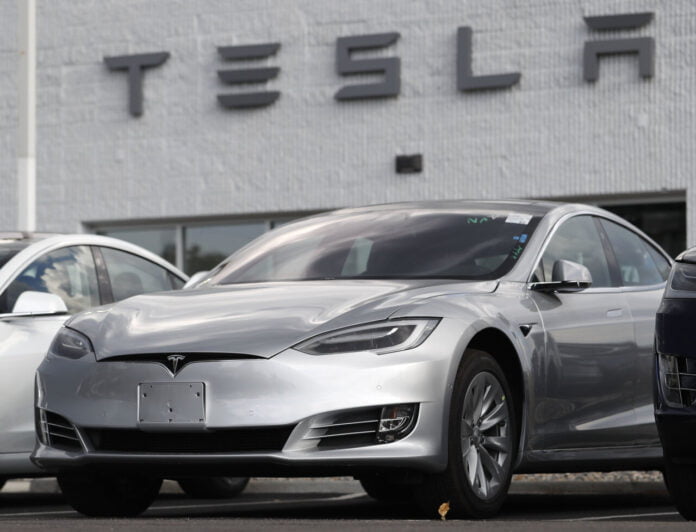Due to issues with its autopilot feature, Tesla was forced to refund nearly all of a customer’s purchase price. Elon Musk’s electric car company paid the German owner nearly €112,000 for her Model S after a technical report revealed that the vehicle failed to recognise obstacles and broke at random.
According to Der Spiegel, the court ruled that this could pose a “massive danger,” particularly in urban areas.
Tesla’s lawyers argued that autopilot is not intended for city traffic, but the court ruled that drivers could not keep switching the system on and off while driving, which would be distracting.
“Once again, it appears that Tesla does not keep the full-bodied promise when it comes to autopilot,” said the plaintiff’s lawyer.
Tesla has had a string of problems with its autopilot feature. Recently, the self-driving mode nearly collided with an oncoming tram.
Despite its name, Tesla’s ‘Full Self-Driving’ system is not an autopilot system or capable of driving itself, but rather a driver assistance programme in which the user must always be able to regain control of the vehicle.
Tesla has approximately 830,000 vehicles equipped with the systems on the road, giving it the highest crash-to-self-driving vehicle ratio.
Mr Musk has stated that the value of Tesla is determined by its ability to develop self-driving technology, that the feature is “essential,” and that the difference between Tesla being worth a lot of money or worth “basically zero.”
A court-ordered technical expert discovered that Tesla’s Autopilot mode was unable to recognise objects such as a construction yard narrowing, as well as random braking incidents that could lead to rear-end collisions in urban environments. As a result, the Munich court ordered Tesla to refund the majority of the plaintiff’s Model X purchase price, as she wishes to return the electric SUV due to the random Autopilot braking. The owner paid 112,000 Euros for the car, which equates to approximately US$112,885 at the current exchange rate.
A court-ordered technical expert discovered that Tesla’s Autopilot mode was unable to recognise objects such as a construction yard narrowing, as well as random braking incidents that could lead to rear-end collisions in urban environments. As a result, the Munich court ordered Tesla to refund the majority of the plaintiff’s Model X purchase price, as she wishes to return the electric SUV due to the random Autopilot braking. The owner paid 112,000 Euros for the car, which equates to approximately US$112,885 at the current exchange rate.
The owner, for her part, does not want Tesla to refund her money, but rather to provide her with a new Model X that, hopefully, will not have the semi-automated driving issues. Elon Musk has stated that getting self-driving right is critical for Tesla’s future value, while also advising that the Full Self-Driving Beta software is not yet available in Europe due to the extremely difficult driving and regulatory environment there, which varies from country to country.
The National Highway Traffic Safety Administration (NHTSA) is investigating a number of Tesla crashes involving Autopilot or self-driving mode for various reasons that could result in a massive recall. They range from Teslas colliding with first responder vehicles stopped or on the road to semi trucks colliding with them. The most recent fatal case involved an elderly couple who rear-ended a cargo truck near Gainesville, and the family of the deceased has now hired well-known Florida attorneys to investigate how and why their relatives died in the Model 3 crash.













